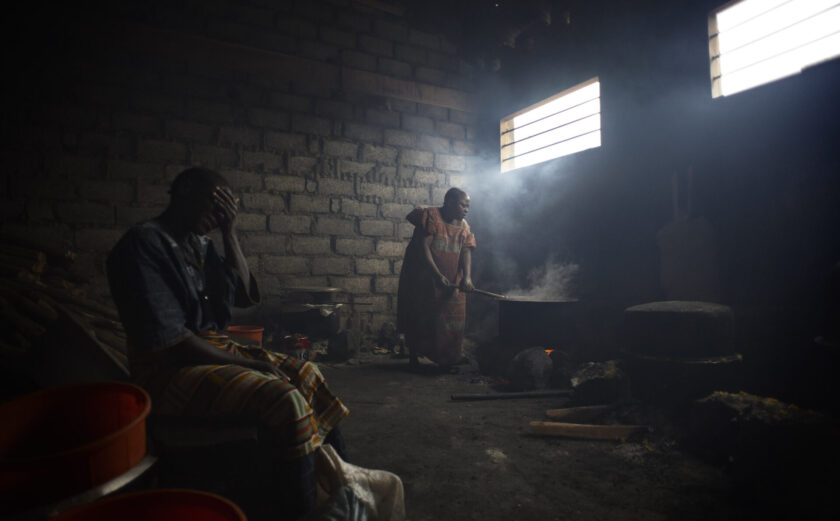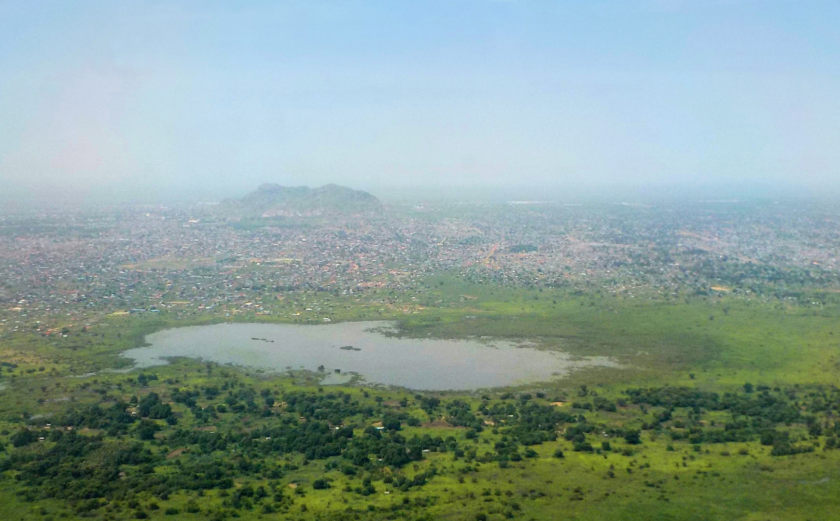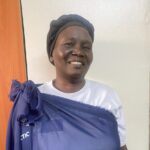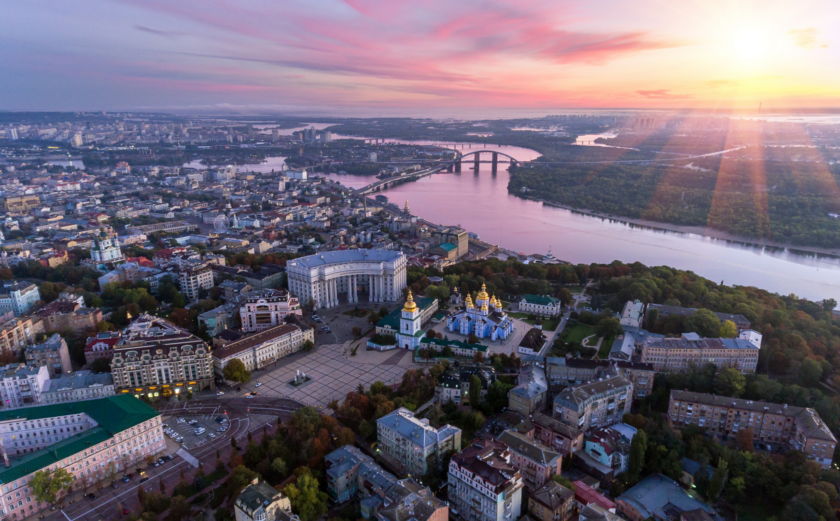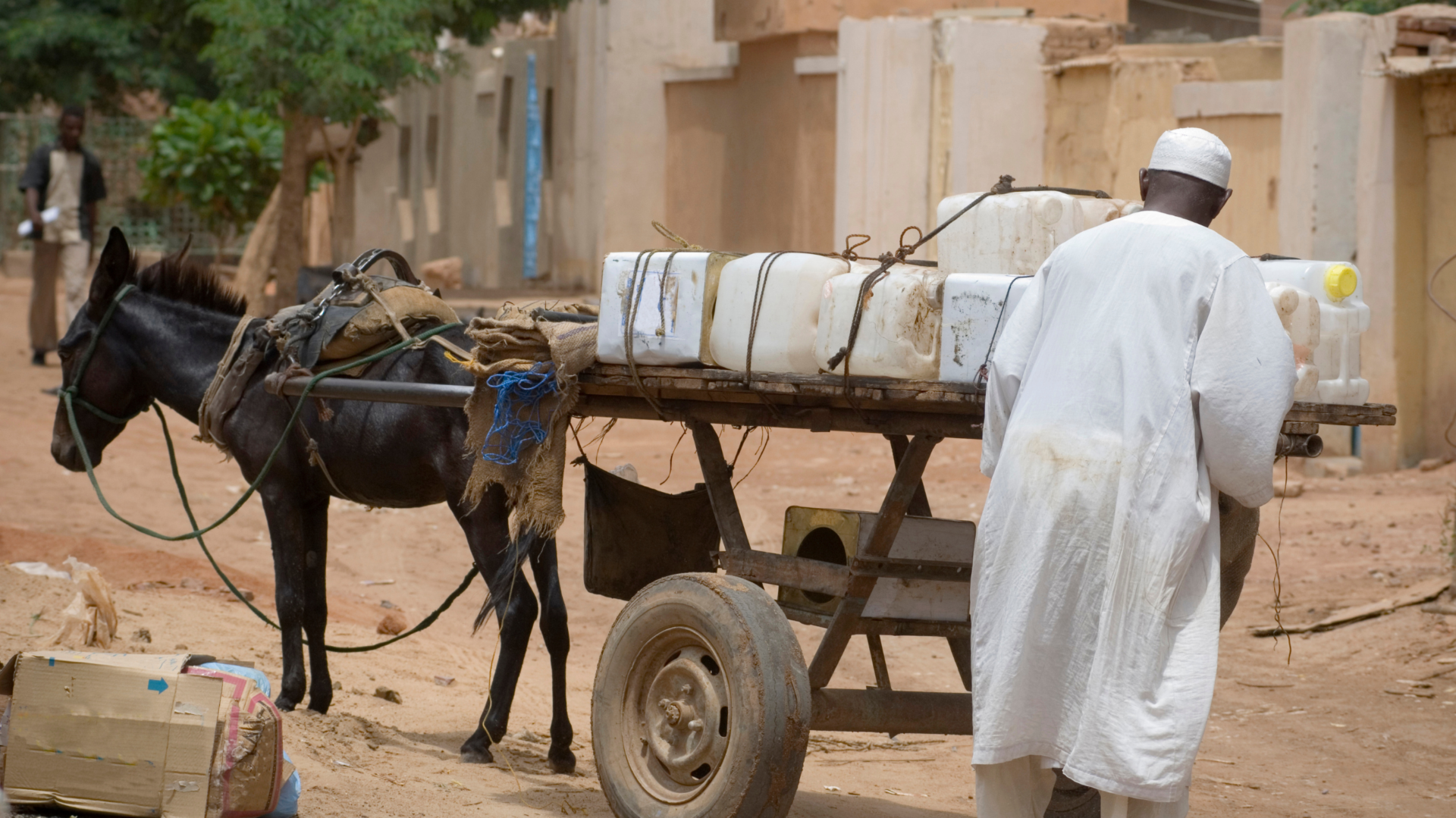
Sudanese Groups Provide Light Amid Year of Darkness
In Sudan, local response networks have played a major role in leading the humanitarian response, even as traditional humanitarian aid has largely stalled. Their resilience allow them to quickly mobilize well-established community networks to address urgent needs. Emergency Response Rooms (ERRs) have been particularly instrumental. Formed by local volunteers, ERRs have become critical to aid efforts, demonstrating a unique capacity to adapt and respond swiftly to the evolving crisis.
Hanin Ahmed has worked with ERRs as a partner of an InterAction Member.
It has been a horrible year in Sudan—a year of oppression, darkness, hunger, and displacement. But the Sudanese people are resilient and many of us are determined to foster peace and reconciliation amid a war with no end in sight.
On the second day of the war, April 16, 2023, I joined young people from Khartoum state to put their fears and concerns aside to volunteer for Emergency Response Rooms (ERRs), local efforts to serve the most basic needs of our citizens, including soup kitchens, medical assistance, and evacuation centers. Soon after the fighting began, ERRs sprung up in many parts of Sudan with a strong presence in the Khartoum and Darfur states. I was one of the founders of an ERR that covers several neighborhoods in my home city, Omdurman, across the River Nile from Khartoum.
Although I have since left Sudan for New York, I continue to work with my ERR and the wider ERR network to coordinate activities and raise awareness about our needs.
The reports from our ERR in Old Omdurman (which includes 18 neighborhoods in central Omdurman) have been harrowing. Our challenges are many. Necessities are lacking, with drinking water a scarce commodity for many. Some in nearby localities have been retrieving water from the river, a dangerous act that can result in the spread of waterborne diseases. We lost an outstanding volunteer who died due to kidney failure exacerbated by a lack of drinking water in his community.
In our ERR, we see 50 cases daily of severe hunger, confirming the reports from international organizations that famine is looming. Children are crying out of hunger. We are hearing more and more reports of dengue fever spreading through the population—I have just learned of 360 cases in nearby Bahri. As hard as it might be for many to imagine, a big issue in our ERR has been a large band of rabid dogs who have been attacking our citizens.
Electricity is continually being cut by clashes between the warring parties. Our ERR works with local volunteers with electrical and engineering abilities to repair electricity lines, but the work takes time. As a consequence, the ability of people in Omdurman—and throughout Sudan—to communicate with each other and the outside world is extremely constrained. Our internet services come in and out, preventing us from reaching volunteers in our ERR’s soup kitchens, evacuation centers, and makeshift schools.
Vitally, the lack of internet connectivity prevents us from transferring money through electronic bank applications, which means that our volunteers cannot purchase food for the soup kitchens. Without internet access, citizens cannot receive remittances from relatives in the diaspora, which means they, too, become reliant on our (already depleted) soup kitchens. Further, we are amid a spike in inflation. The cost of a 50-kilo bag of sugar was 40,000 Sudanese pounds (SDG) before the war—now it is 85,000 SDG. A 25-kilogram supply of flour was 10,000 SDG before the war—now it is 23,000 SDG, an increase of more than 130%.
Security challenges are ever present, depending on whether an area is controlled by the Rapid Support Forces (RSF) or the Sudanese Armed Forces (SAF). Volunteers have been arrested and subject to violent attacks.
ERRs and other local groups are the actors best placed to assess and address the most pressing humanitarian needs in our communities. The United States and other donors can help by finding ways to provide significant, adaptable funding free of overly bureaucratic requirements unfit to the realities of working within a conflict environment. We desperately need more staff, supplies, and medicine. We need assistance in improving training and capacity building. We also need enhanced ability to communicate and coordinate among ourselves and with allies and partners. Donors should facilitate a bottom-up process that gives ownership to the ERRs and allows Sudanese citizens to determine how to best allocate resources.
Finally, we need the protection that should come from recognition as humanitarian workers who must be shielded from attacks by warring parties.
The United States should work with other countries of influence to recognize ERRs as protected humanitarian workers and to condemn any attacks on ERRs as well as any shutdowns of electricity and internet that hinder our ability to do our jobs.
The ERRs are making real and meaningful changes on the ground in the most desperate of circumstances. The world must find a way to help.
About the Author
Hanin Ahmed is from Omdurman, Sudan. She has a master’s degree in Gender and Development from Ahfad University for Women and is an activist in the field of women’s and youth rights.
* The views expressed in this article are the author’s own.
—
For information regarding the blog series or InterAction’s Sudan Working Group, please reach out to Mais Balkhi at mbalkhi@interaction.org.
For media inquiries, please contact Mitch McQuate at mmcquate@interaction.org.


